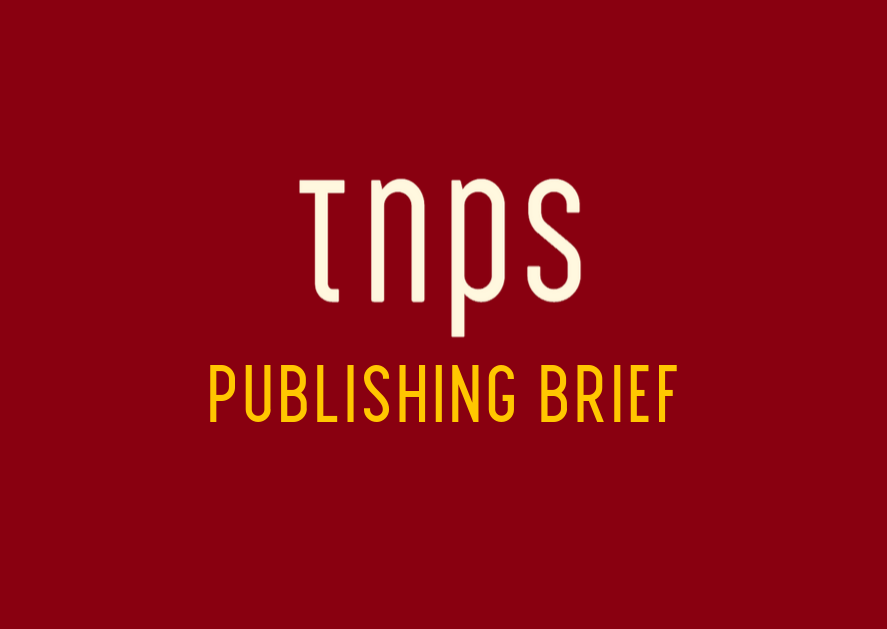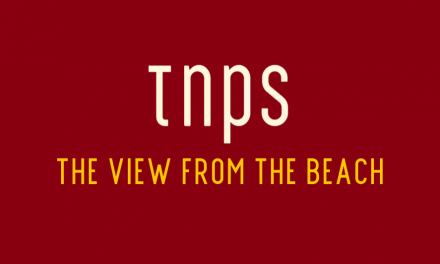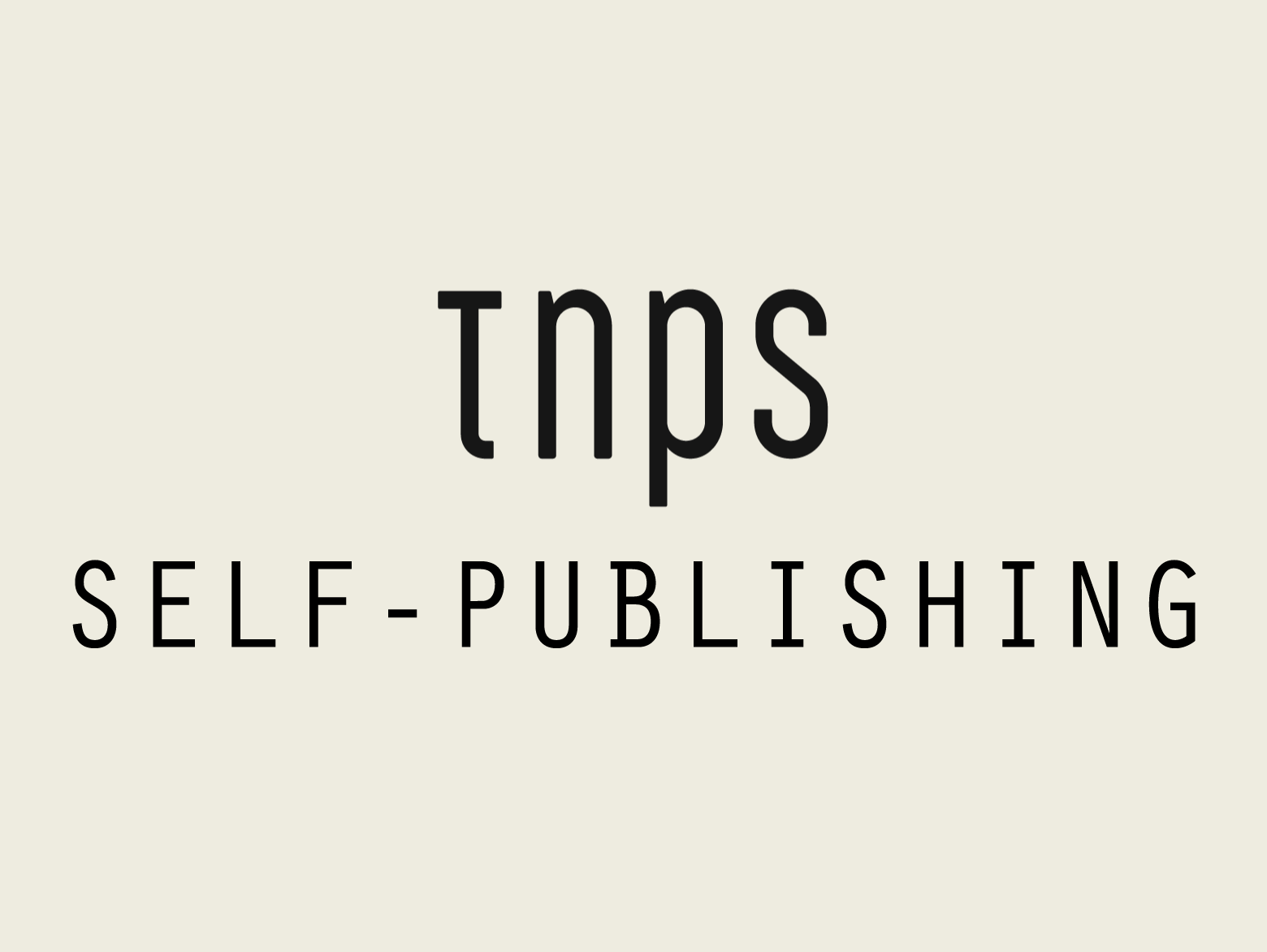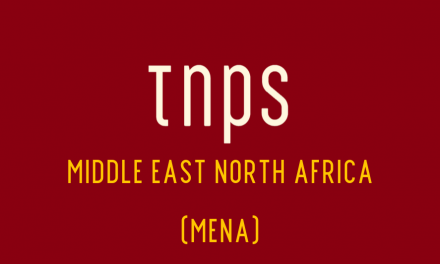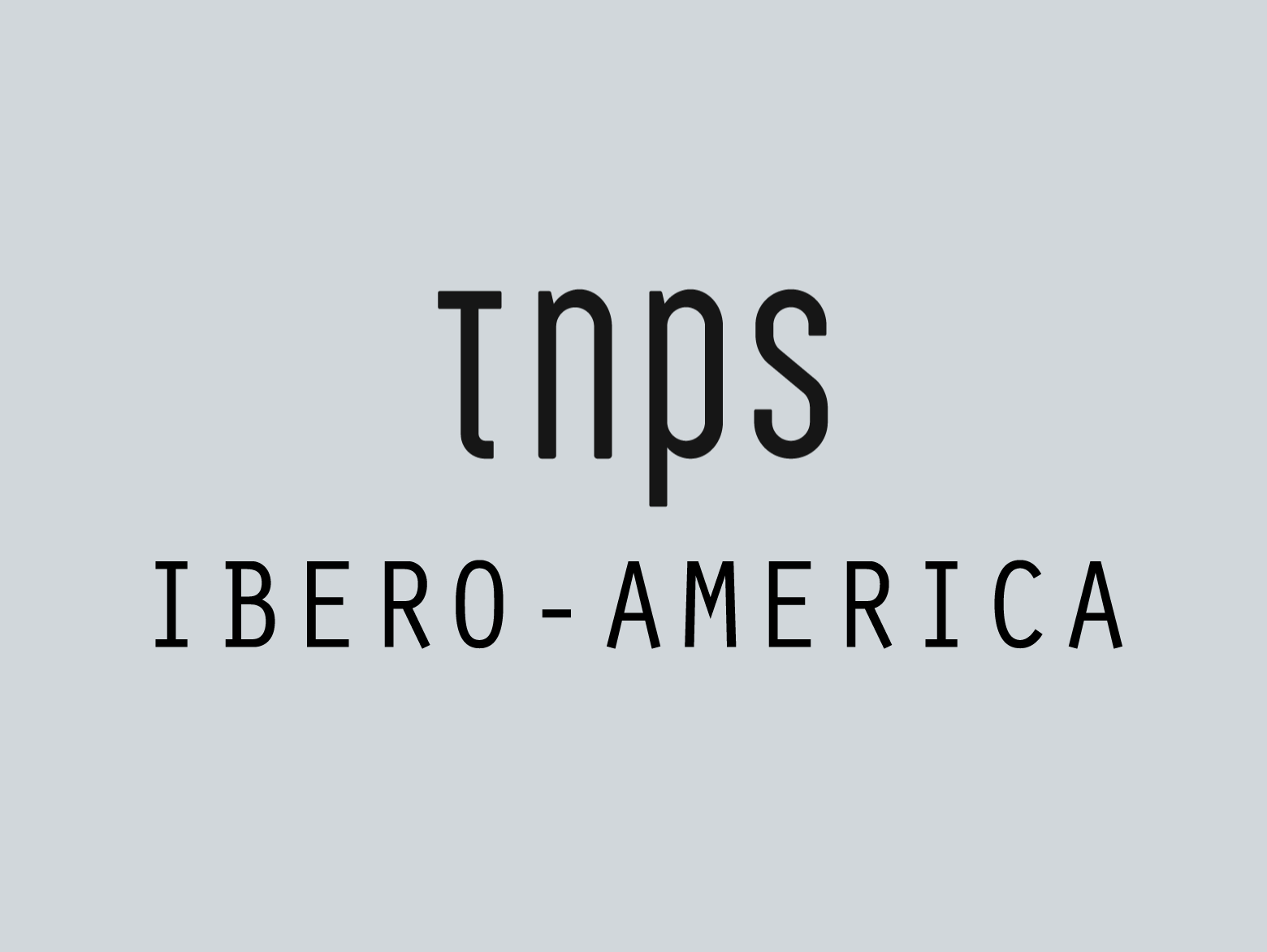“We’re driving toward a paper crisis. More mills are converting to higher-value papers for diapers, etc. One mill closure or printer bankruptcy would put us back into a very difficult situation” – Kevin Spall, Scholastic.
Reporting on the Book Industry Study Group’s annual meeting in New York, The Bookseller’s Gayle Feldman paints a bleak picture of an industry sleepwalking as the supply chain crumbles around it.
By which of course we mean the print supply chain, central to most publishers’ existence.
Some of the issues raised here were covered by TNPS back in April.

But the bigger and bleaker picture painted at New York this past week goes beyond, and should worry everyone in publishing, but especially those who live in Markus Dole’s 80-20 print-digital fantasy bubble, because print is at the most risk here.
Scholastic global SVP for manufacturing Kevin Spall left us in no doubt we are in uncharted waters.
As quoted by Feldman in The Bookseller:
“We’re missing a sense of urgency as an industry, and we’re still in a fragile place.” (Twenty years ago) “it was a buyer’s market; paper was plentiful and cheap; the supply chain worked.”
Then the Pandemic arrived, and showed the western industry just how over-dependent it had become on cheap Asian printing.
And of course everyone was caught by surprise, just as everyone had been caught by surprise by the (for now plateaued) decline of Barnes & Noble, the dominance of Amazon, and every other twenty-first century publishing problem the industry has complacently sleepwalked into while milking short term gains at the expense of long-term stability.
Scholastic’s Kevin Spall (again via The Bookseller‘s Feldman):
In March 2020, “two weeks became three years; we didn’t know what we didn’t know; Asian shutdowns turned to an overload in the US; soaring container costs turned into land versus sea; publication dates played second fiddle.” Scholastic moved more than 50 million books out of Asia to find new homes. “There was chaos. We couldn’t pivot.”
Let’s hear that key clause again: “We didn’t know what we didn’t know.”
Now sure, Black Swan events like the Pandemic are by definition not easily planned for, but when it comes to not knowing what we don’t know, western publishing has this down to a fine art. Why worry about what we need to know when we can wallow in complacent self-indulgence believing only what we want to hear?
Dinosaurs like Markus Dohle, by far the single biggest influencer when it comes to stifling publishing innovation and avoiding future-proofing the industry, have to shoulder much blame.
Even after his humiliating resignation from PRH, having exposed to public ridicule the inner-workings of the world’s largest trade publishers to be little more than a guessing game and a growth-by-acquisition strategy, Dohle is still out there, most recently at Sharjah two weeks ago, peddling early 2010s publishing statistics and an anachronistic twentieth century publishing mindset as if the world (as self-evidently was true for PRH) is in limbo.
Sadly the industry beyond PRH was not much wiser.
Scholastic’s Spall again:
“We overbought print, paper, and overestimated demand. Warehouses are full and books aren’t moving. Printers are begging for work, and publishers don’t have it. Why can’t the industry talk about how better to utilise this idle capacity? With ongoing uncertainty, we’re driving toward a paper crisis. More mills are converting to higher-value papers for diapers, etc. We have to get beyond wanting certain kinds of paper. One mill closure or printer bankruptcy would put us back into a very difficult situation.”
The contrast between the rhetoric of Spall and Dohle could not be more stark.
This was Dohle at Sharjah:
“The physical format has prevailed over the last 50 years. It’s getting a lot larger, and that doesn’t show any signs of weakness. It’s quite the opposite. Our 80-percent physical distribution is the (industry’s) life insurance.”
Dohle would have us believe the print garden has never been rosier. Its not broke, so don’t fix it. Dohle is in his very own Groundhog Day publishing industry loop where every day is 2010. He probably gets half-way to the PRH Head Office of a morning before he remembers he resigned.
Because of Dohle’s unique position as purveyor of perceived industry wisdom, his words matter far more than most, which is why I’ll return to tackle the full Dohle Sharjah nonsense in a separate op-ed this week. Here to tackle the specific issues of the supply chain crisis as raised by BISG in New York (a crisis Dohle is either blissfully unaware of or wilfully chose to ignore at Sharjah).
Here’s the thing: Scholastic’s Kevin Spall lives in the real world of the post-pandemic 2020s, and is perhaps one of the most important voices in the industry’s post-Pandemic realignment.
Yes, the paper crisis is real, and the industry is nowhere near as healthy as certain from former CEOs would have us believe. But there are ways forward. There are reasons for optimism.
Spall: “But we’re also overlooking a huge opportunity: digital printing to manage our overprinting. Six million books Scholastic will print digitally this year – three and a half years ago, it was zero. We have to get better: co-ordinate better, waste less, become more nimble, get more tactical. There will be AI disruption, but there’s also the opportunity to lean in. Embrace chaos!”
Scholastic should be worried. If I were the replacement CEO at PRH, looking to salvage the company’s reputation after the Dohle humiliation, I would be making Spall an offer he could not refuse to bring his insights and vision to PRH.
And the Sharjah Booksellers Conference could do worse than invite Spall to speak at next year’s event. Dohle did more harm than good this year.
#publishingindustrysupplychain #print #publishing #publishingdinosaurs #BISG #publishingGroundhogDay

